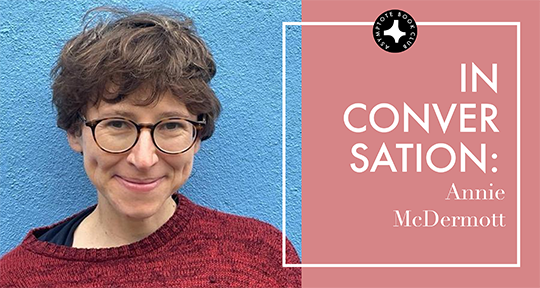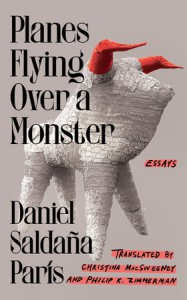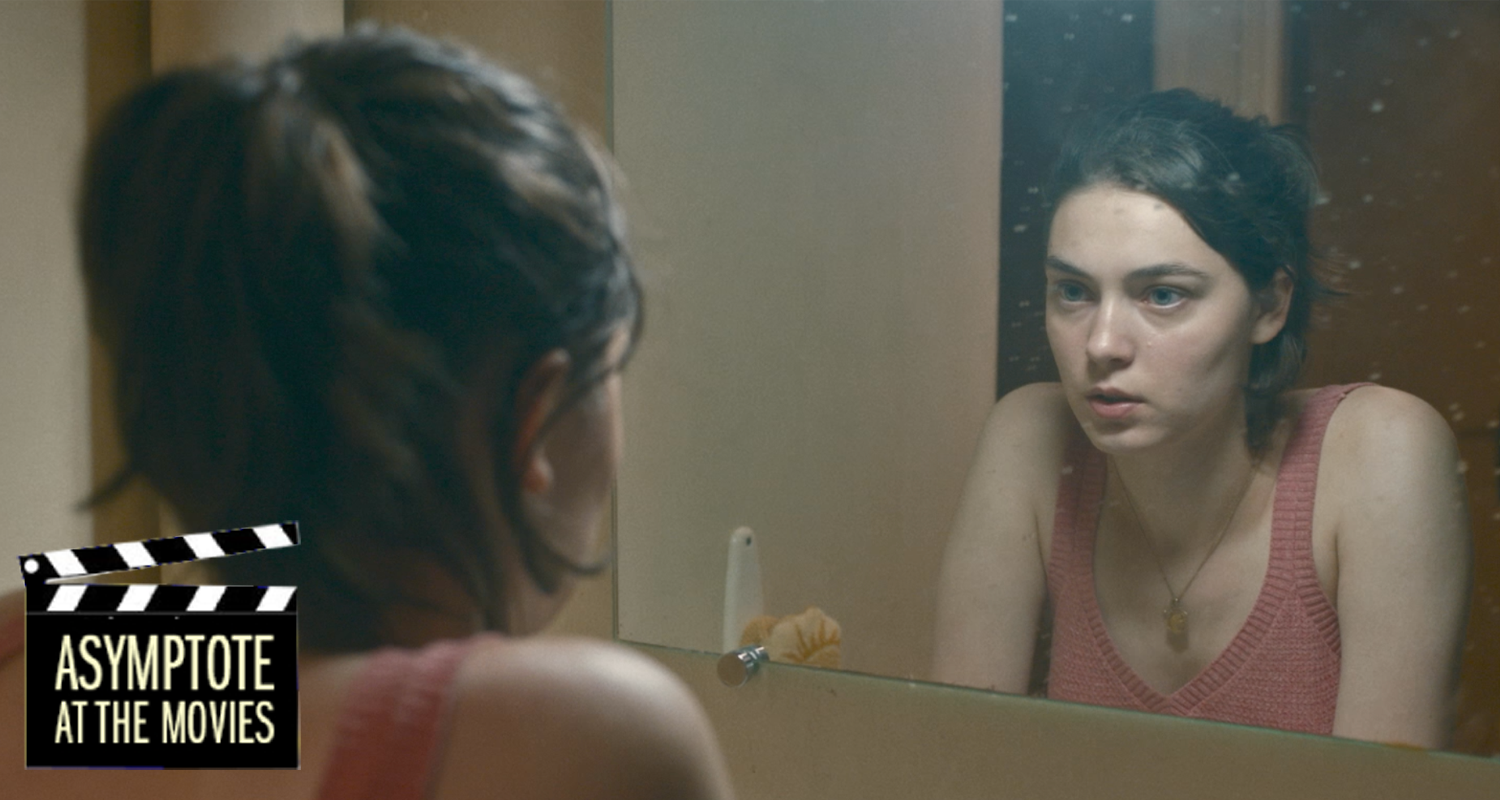Pedro Lemebel, the iconic Chilean activist, essayist, and artist, wrote only one novel in his lifetime: My Tender Matador, a gloriously romantic narrative of repression, radicalisation, and infatuation. It tells the story of a trans woman—named only as the Queen of the Corner—and her brief love affair with a leftist guerilla named Carlos, taking place amidst the waning years of Augusto Pinochet’s brutal regime. Juxtaposed with comic passages that satirise the shallowness and greed of the dictator and his wife, the novel is a bold expression of selfhood and resilience that incisively wields Lemebel’s entrancing prose against the ugliness of tyranny.
Nearly two decades later, in 2020, Rodrigo Sepúlveda took this subversive novel to the screen, with Alfredo Castro starring as the exuberant Queen. Commenting on the material’s continual legacy and relevance, the director decisively noted Lemebel’s revered status and pivotal role: “If civil unions exist today and gay marriage is being discussed in Chile, it’s because of how Lemebel fought during the dictatorship.” One year after the film was released, Chile passed its legislation of marriage equality with an overwhelming majority.
In this edition of Asymptote at the Movies, we discuss these two works in conversation, conjunction, and deviation, with the mediums of literature and cinema making their distinct determinations on the narrative’s conceptualisations of beauty, politicisation, and imagination.
Michelle Chan Schmidt (MCS): My tender matador! From the original Tengo miedo torero, Katherine Silver gives us an English title that preserves sound over literality, with the Spanish meaning something more like: ‘I’m afraid, bullfighter.’ These beautiful [t] and [m] alliterations anticipate the lush whirl of images that unfurl in both Pedro Lemebel’s 2001 novel—’Like drawing a sheer cloth over the past, a flaming curtain fluttering out the open window of that house in the spring of 1986. . .’—and Rodrigo Sepúlveda’s 2020 film adaptation.
Like Silver’s title, the film’s opening scene translates Lemebel’s plot for beauty over ‘faithfulness’: the scene is Sepúlveda’s own creation. It starts in media res with a drag performance in a discothèque in Santiago, Chile—all sequins, jewel-toned light, and close-ups of the enraptured, laughing audience. They include our protagonists, the Queen of the Corner and the young, mysterious, militant Carlos, who meet for the first time later that night when he saves her during a police chase.

Talk about an elegant set-up: Sepúlveda effectively foregrounds the story’s central conflicts—on both personal and political axes—within the context of queerness and resistance in Pinochet’s authoritarian Chile, in less than a minute and in a setting that Lemebel did not write, but left to the reader’s mind. The beauty of Sepúlveda’s translation for the screen, a medium that serves visibility, hearing, and action, is also its concision. What other methods have you noticed Sepúlveda use to translate Lemebel’s text? How else has My Tender Matador molded to film?
















